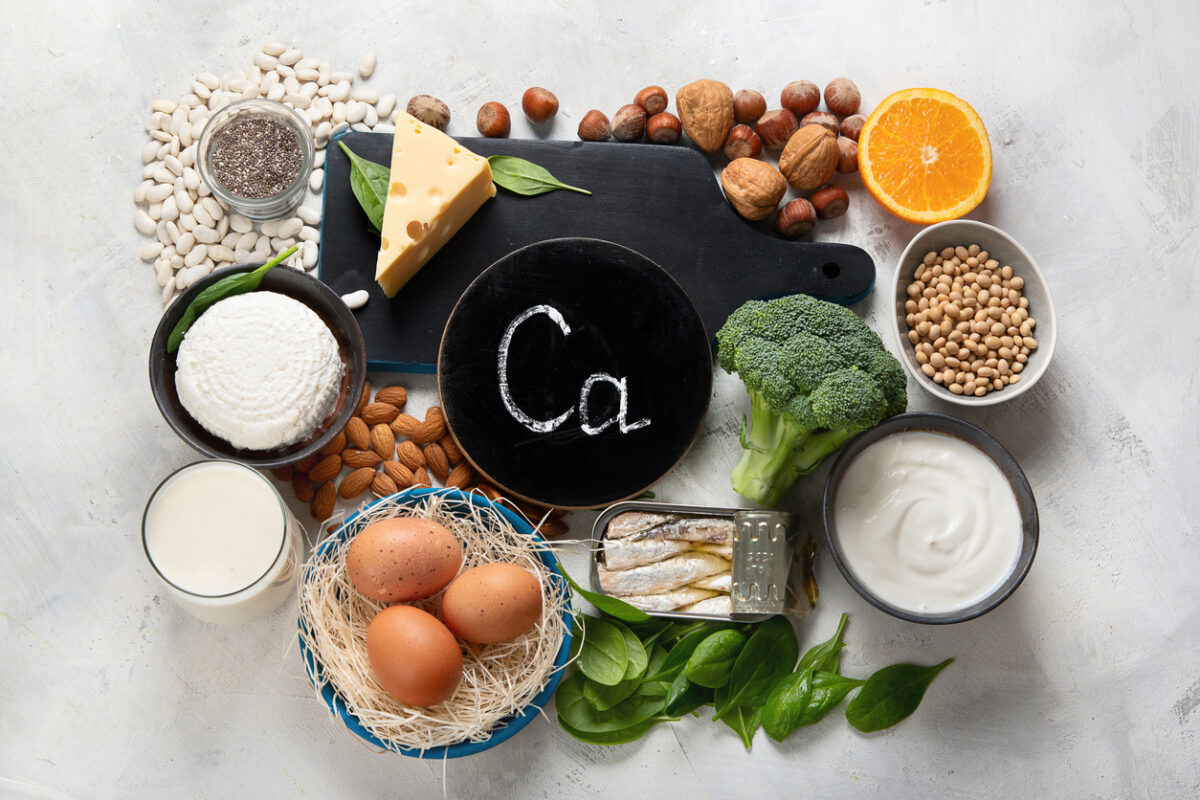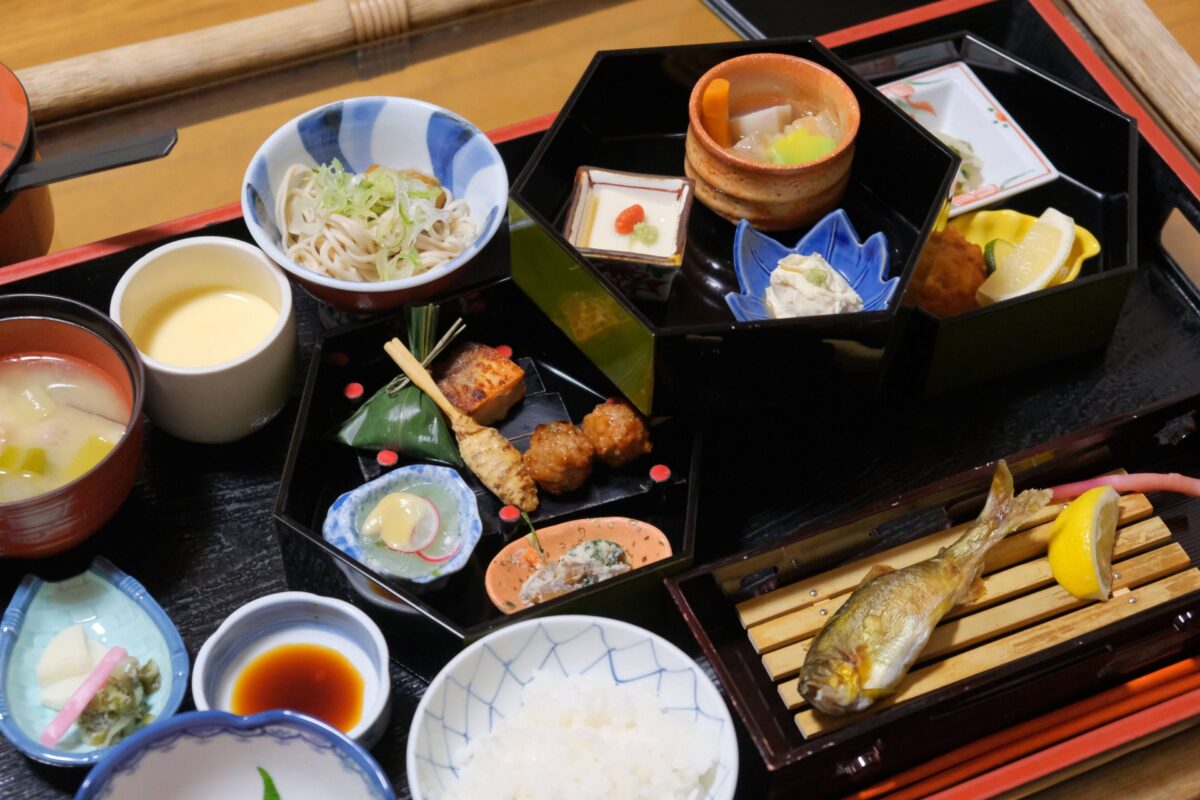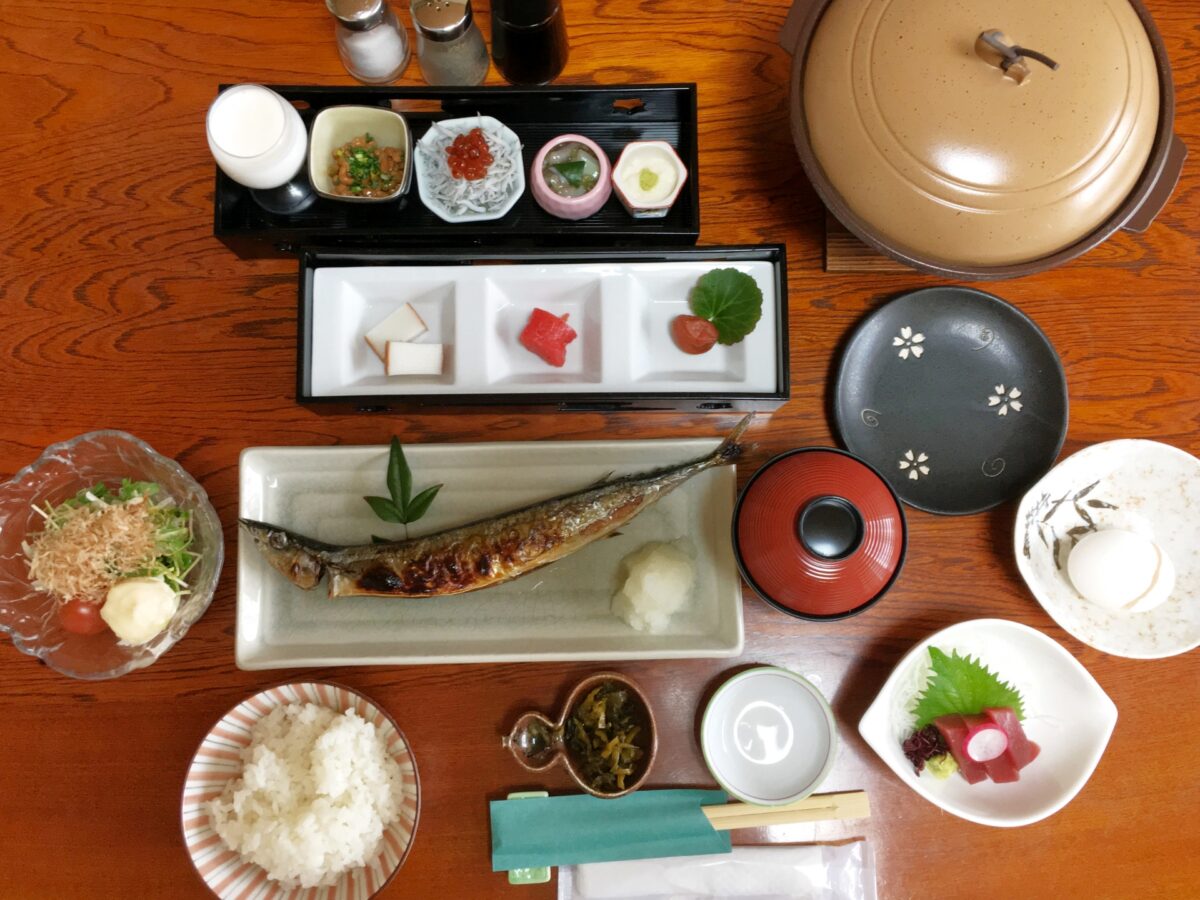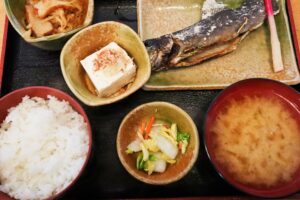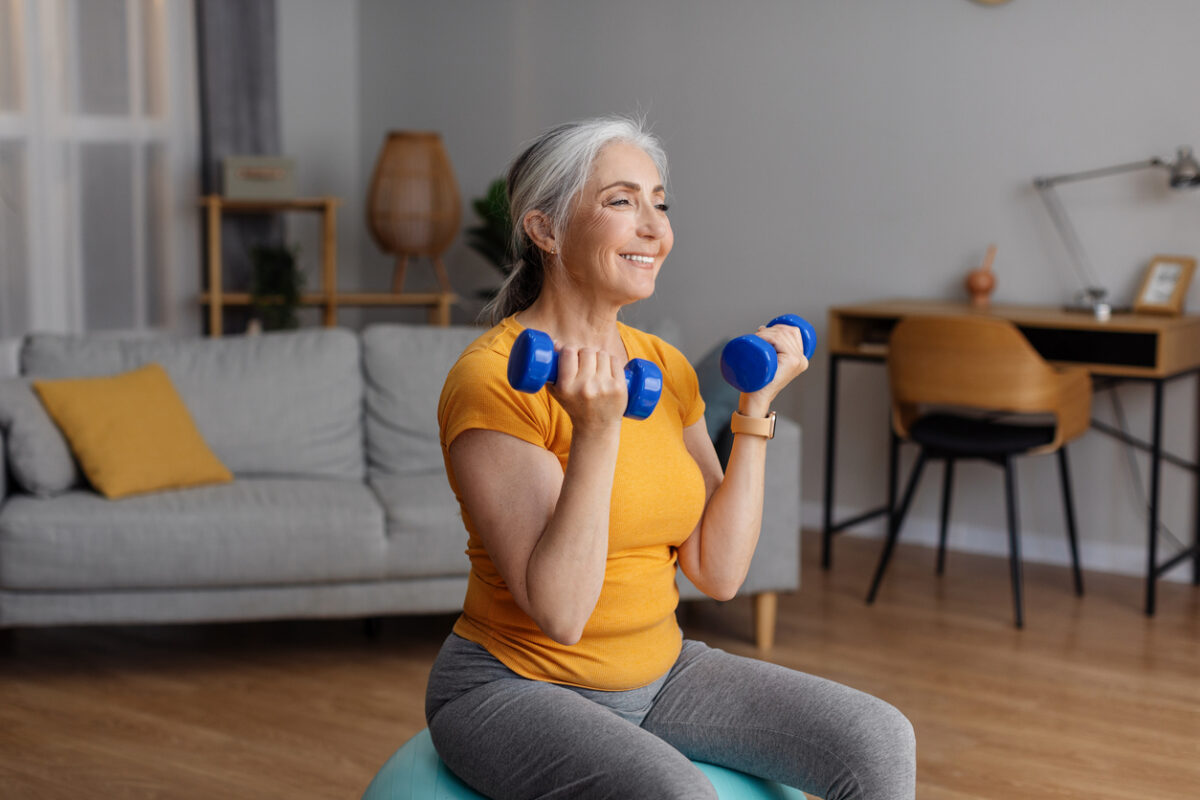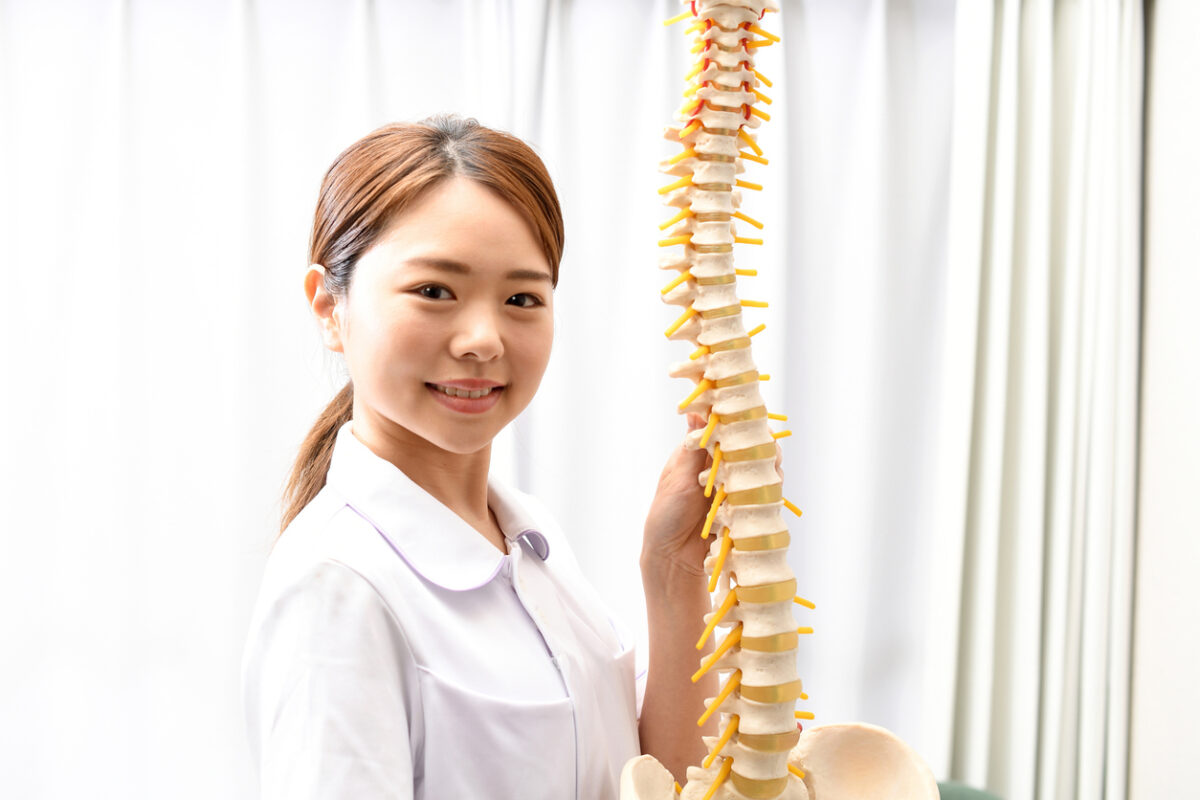Strong bones require more than just calcium intake. If your body can’t absorb it effectively, even the most calcium-rich foods won’t help. For women over 50, improving calcium absorption is crucial to prevent osteoporosis and maintain mobility. This article explores easy, practical ways to enhance calcium absorption—through food, lifestyle, and natural support from traditional Japanese habits.
The Link Between Calcium and Bone Strength
Why Women Over 50 Need More Calcium
As women age, estrogen levels decline. This hormonal change affects the body’s ability to retain calcium, increasing the risk of bone density loss. After menopause, bone mass can decrease rapidly if calcium isn’t absorbed efficiently.
Bone Loss and Poor Calcium Use
It’s not just about eating dairy or taking supplements. The body needs several co-factors to use calcium properly. Without them, calcium may pass through your system unused or even build up in places you don’t want—like arteries instead of bones.
Why Absorption Matters More Than Intake
The Problem with Over-Reliance on Supplements
Many women take calcium tablets without considering absorption. Studies suggest that calcium from food absorbs more effectively than from pills. In fact, over-supplementation can pose risks, such as kidney stones and cardiovascular issues. Harvard Health notes that balance and form matter more than quantity.
Absorption Depends on Digestive Health
A healthy gut improves nutrient absorption. Poor digestion, low stomach acid, or imbalanced gut bacteria can hinder calcium uptake. Aging often brings digestive challenges, making this even more important after 50.
Foods That Help You Absorb Calcium Efficiently
Pair Calcium with Vitamin D
Vitamin D plays a key role in moving calcium from the intestine into the bloodstream. You can get vitamin D from:
-
Sunlight (10–20 minutes daily)
-
Fatty fish (like salmon)
-
Egg yolks
-
Fortified foods
You can also consider a quality supplement, especially in winter months or if you live in northern regions.
Include Magnesium and Vitamin K2
These nutrients work together to move calcium into the bones:
-
Magnesium helps convert vitamin D into its active form.
-
Vitamin K2 directs calcium into the skeleton rather than arteries.
Sources include:
-
Leafy greens (spinach, kale)
-
Nuts and seeds
-
Fermented foods (natto, miso)
Combine with Prebiotics and Fermented Foods
Gut health affects calcium absorption. Add prebiotic-rich foods like onions, garlic, and oats, and fermented options like kefir, yogurt, or Japanese fermented soy products. These support a diverse microbiome and improve mineral uptake.
Reduce Absorption Blockers
Avoid combining high-calcium foods with large amounts of:
-
Caffeine
-
Oxalates (in spinach, beets)
-
Excess salt or sugar
These can interfere with calcium availability in the gut.
Lifestyle Factors That Influence Calcium Absorption
Regular Weight-Bearing Exercise
Bones respond to physical stress. Activities like walking, dancing, or light strength training stimulate bone-building cells. Try to move daily, even in small ways.
Get Enough Sleep
Bone regeneration happens during sleep. Poor or short sleep disrupts hormone balance, including melatonin and cortisol, which affect bone health. Aim for 7–8 hours per night.
Moderate Alcohol and Quit Smoking
Smoking reduces calcium absorption and estrogen levels, weakening bones. Excess alcohol also impairs bone formation. Keep alcohol moderate (1 drink/day or less) and seek support if you want to quit smoking.
How Japanese Diet and Effisoy Support Better Calcium Use
Fermented Soy Foods and Bone Health
Japanese women have long consumed fermented soy products like miso and natto. These contain aglycone-type isoflavones—compounds that mimic estrogen gently and support hormonal balance. Importantly, fermentation breaks down soy into easier-to-absorb nutrients, helping improve calcium uptake.
Unlike natto, which is only partially fermented and may still contain isoflavones in glycoside form (harder to absorb), fermented foods like miso contain more bioavailable forms. This traditional diet correlates with lower fracture rates and higher bone density among Japanese women.
Introducing Effisoy: A Natural Support
Effisoy®, a plant-based supplement inspired by the Japanese diet, contains fermented soy extract rich in aglycone isoflavones. These natural compounds support estrogen-like activity in the body without synthetic hormones. By improving hormonal balance, they indirectly help the body absorb and retain calcium more effectively.
Effisoy is ideal for women seeking a non-hormonal, natural approach to menopausal bone support. Learn more about how it works here.
Final Thoughts: Focus on the Whole Picture
Boosting calcium absorption isn’t about eating more cheese or taking high-dose pills. It’s about supporting your body’s entire nutrient ecosystem—hormones, digestion, gut health, and physical activity. Embrace fermented foods, spend time in the sun, move your body, and choose supplements that work with your body—not just add to it.
For more details on calcium, bone health, and diet, check out this NIH resource.
Taking small daily actions now helps you stay strong, mobile, and independent as you age. Your bones—and your future self—will thank you.
Supporting Bone Health with Juveriente Bone Strength Complex
Supplements can help bridge nutritional gaps when diet alone isn’t enough. Juveriente Bone Strength Complex includes ingredients that promote both bone and brain health.
The Power of Beta-Cryptoxanthin
Derived from Japanese mandarins, beta-cryptoxanthin enhances bone strength and supports cognitive resilience. Studies suggest that it may help prevent both osteoporosis and neurodegenerative conditions by reducing oxidative damage.
Enhancing Absorption with Natural Compounds
This supplement also contains vitamin D and magnesium, essential for calcium absorption and brain function. These nutrients work together to maintain bone density and mental clarity as we age.


